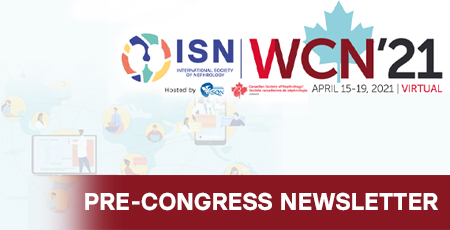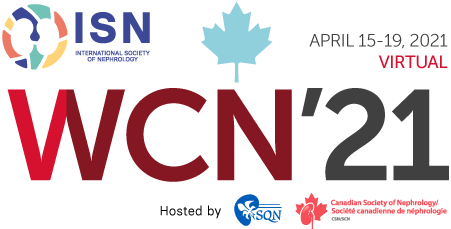Impact of sex and gender on treatment and outcomes for kidney disease
Most research into kidney health, disease, its progression, and treatment has been based on the male model and does not take into account the impact of sex and gender, according to Professor Sofia Ahmed.
In her plenary, keynote presentation at WCN’21, Prof. Ahmed, from the Cumming School of Medicine at the University of Calgary, Canada, will be discussing how kidney research needs to consider these factors.
“Sex and gender are not interchangeable terms,” she says. “Sex refers to biology, while gender refers to social constructs, social identity, and sociocultural roles. Both factors, individually and together, have an impact on kidney health and disease. Yet, too often, these terms are used inappropriately and interchangeably in scientific and medical literature. This makes it impossible to distinguish between the effects of gender and sex when interpreting results in most clinical studies.
“Currently, the ‘default’ scientific model is the male model with the results extrapolated to the rest of the population. In clinical studies that do incorporate both female and male participants, the results are often presented together without sex-stratified or gender-stratified analyses. Sex and gender are factors that affect the risk of development and progression of kidney disease, as well as treatment options and outcomes. It is likely that some interventions have different impacts depending on sex and gender.”
Prof. Ahmed says that researchers are beginning to realize the importance of these factors and that clinical trials and studies should include analyses stratified by sex and gender.
“There is increasing recognition by the scientific community that in this era of precision medicine, we need to incorporate sex and gender into our programs of kidney research and care if we are to provide optimal care to all people living with kidney disease,” she concludes.
Professor Sofia Ahmed: “Sex and gender in nephrology: Proper care or propaganda?”, plenary session 3, Monday 19 April 09.30-10.30 hrs Montréal (Canada) time.









